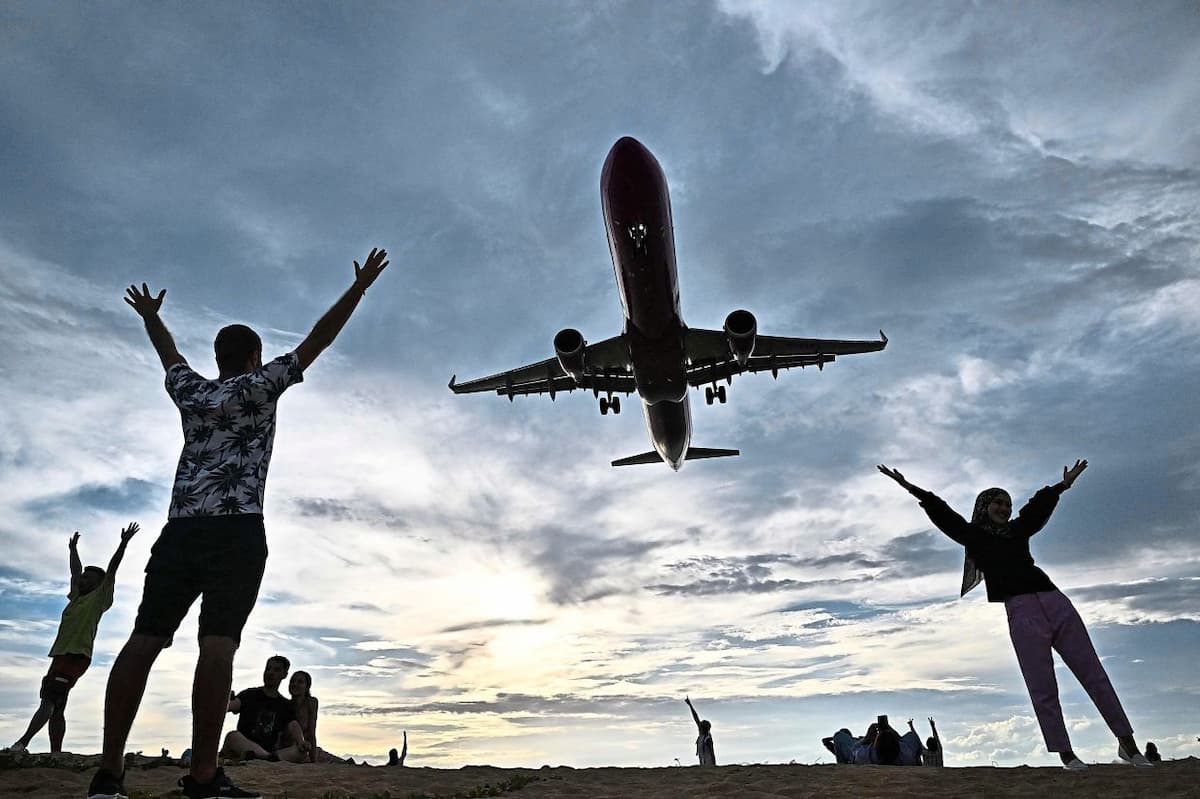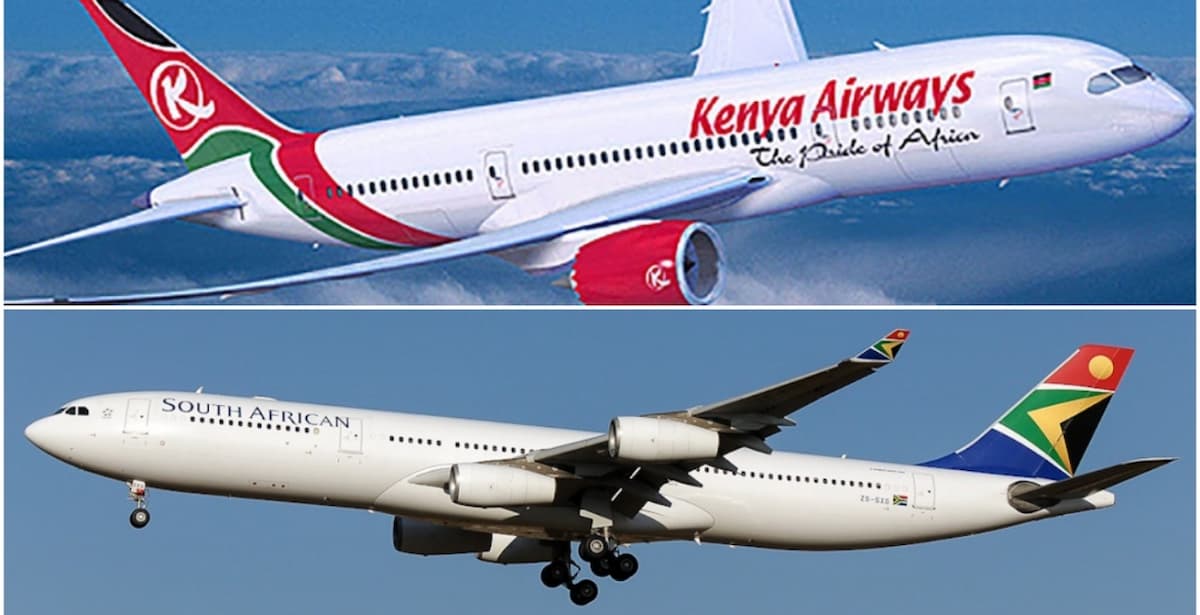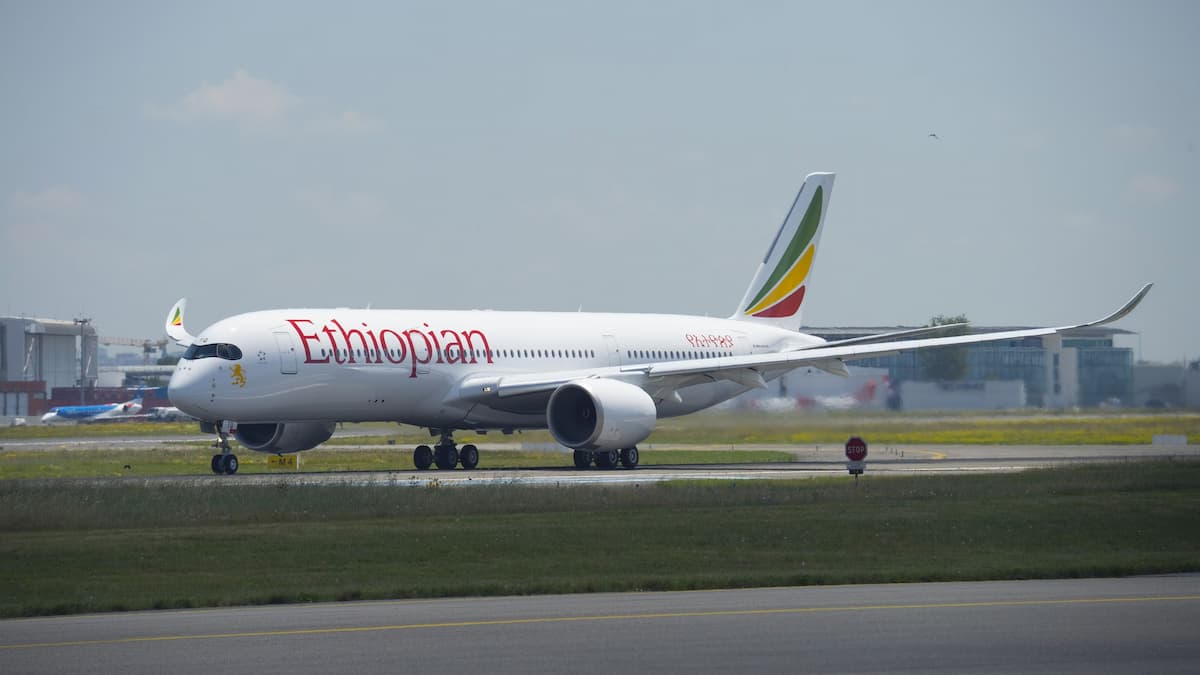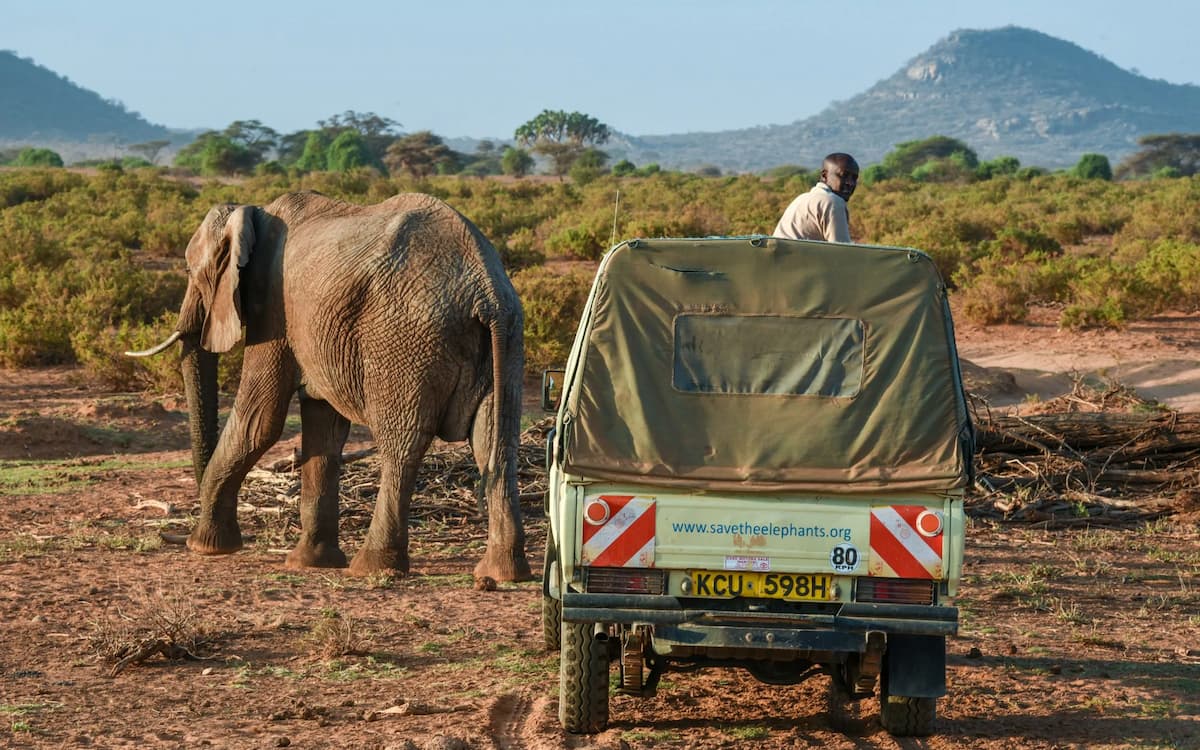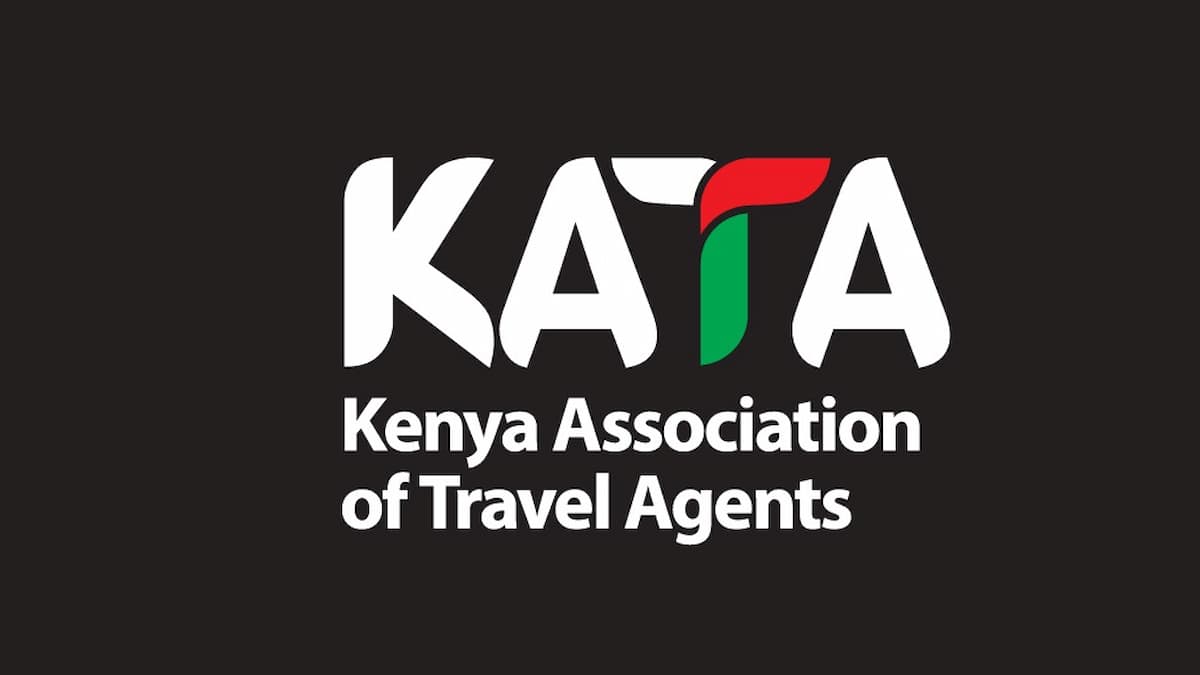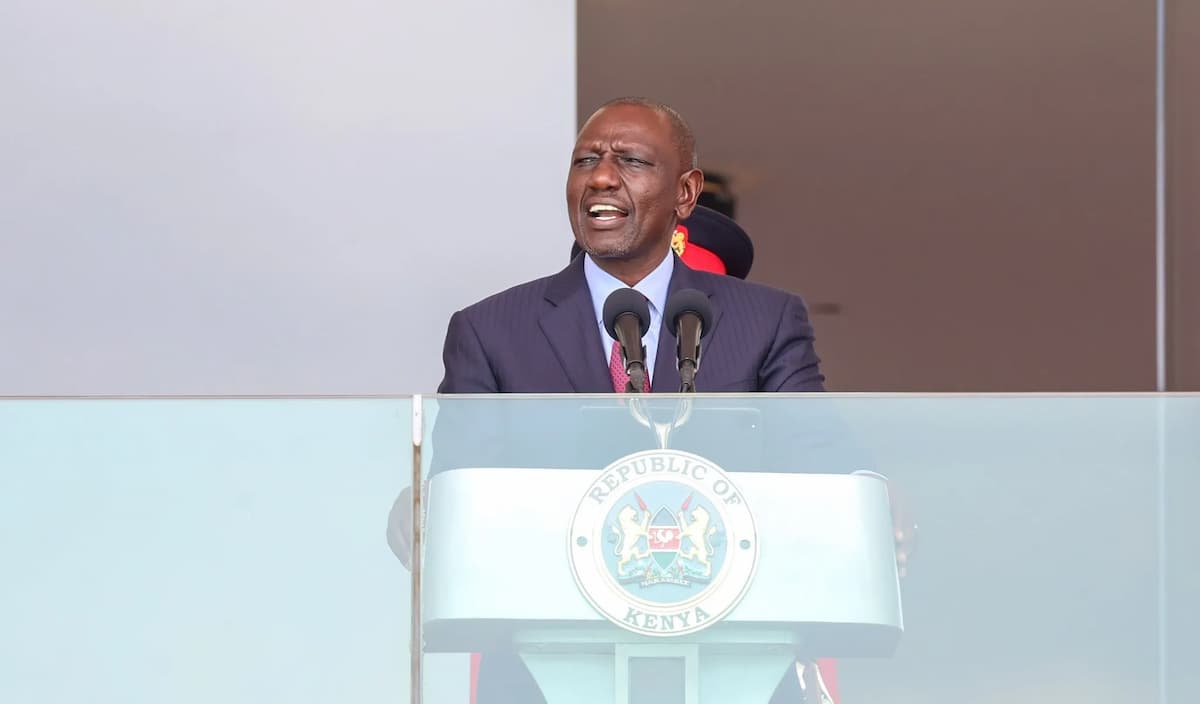African airlines made international headlines on several occasions this year with big aircraft orders, brand transformations, and many African firsts. Undoubtedly, the continent has a lot of potential to have a sustainable and robust aviation sector, but an equal measure of challenges, which will most likely persist for years to come.
However, there are numerous issues that airline operators hope can be addressed in the short term to create a more manageable operating environment. Following industry trends and conversations with various stakeholders, we can predict what African airlines will have on their Christmas wishlist this year. In the last quarter, we have seen many carriers launching exciting festive campaigns, surprising customers with gifts, and ultimately spreading the festive cheer. But what do the airlines want as we head into the new year?
Liberalization of the African skies
Liberalization of the African skies is possible through the full implementation of the Single African Air Transport Market (SAATM). This concept has been widely discussed in general conversations, university classes, and almost every major aviation conference. Various airlines and stakeholders will be hoping for less talk and more action regarding the implementation of SAATM.
Open skies in Africa will significantly enhance intra-continental travel, allowing new entrants and existing airlines to access new markets, improve their schedules, offer new routes, and ultimately make air travel more accessible. Beyond just aviation, many sectors stand to benefit from liberalization, as seen in other markets like Europe and North America. It will stimulate economic growth – raising the GDP of many African countries and improving the welfare of general citizens, in line with the African Union Agenda 2063.
Airlines will be able to fly more frequently, and if countries grant each other more fifth freedom rights, they will be able to transport more passengers between various city pairs and make several routes more profitable. With the African Continental Free Trade Area (AfCFTA), trade opportunities will increase, allowing African airlines to carry more people and goods between countries. While full liberalization will not happen immediately, African airlines will keep it on the list.
Stronger partnerships
Many African airlines have understood the importance of partnerships and continue to explore more opportunities to pool their resources and knowledge to stimulate growth. This year, we saw some landmark agreements between African and non-African carriers, like Airlink’s interline partnership with Etihad in March, Kenya Airways’ interline agreement with Emirates in June, Lufthansa’s codeshare agreement with South African Airways in August.
We’ve also seen African carriers coming together for codeshares and technical support, like Royal Air Maroc and Air Senegal recently, as well as Air Algerie and Mauritania Airlines in May, allowing for cooperation in maintenance, training, catering, sales, and product supply. Over the years, Ethiopian Airlines has partnered with the Togolese, Zambian, and Malawian governments to set up national carriers in the respective countries.
While some African carriers prefer to remain isolated and attempt to grow independently, others wish to form stronger partnerships in 2024. Kenya Airways and SAA have been in talks to form a pan-African airline group to scale up and become more competitive internationally. Kenya Airways CEO Alan Kilavuka has been advocating for consolidation among African airlines to ensure growth. Speaking to Richard Quest on CNN, Kilavuka said,
“What I have been championing since taking this role is consolidation in the African airline industry. We need to come together as African airlines to develop more scale and grow from forty-odd aircraft to double or triple that number. Africa is a large continent, so together with reducing costs and consolidation of the airline industry, those two things will definitely help to alleviate the problem and make us more viable.”
Stronger partnerships between African airlines and private entities will also be at the top of the wishlist for some carriers. The South African government has been negotiating a semi-privatization deal for the SAA, which will see a private equity partner, Takatso Consortium, acquire a 51% stake in the national carrier. The deal was conditionally approved by the Competition Tribunal in July, and the Public Enterprises Minister expects it to go through by the end of the year or early next year. The latter is now the more sensible option.
Better governance
This Christmas, African airlines wish for better governance as they have been severely impacted by poor political and economic decisions. They hope for fewer conflicts, more robust economies, the release of blocked funds, and more considerate decision-making at a governmental level regarding aviation.
Fewer conflicts and airspace closures
Firstly, political instability cost airlines a lot this year. We saw two major airspace closures, coups, unexpected curfews, outbreaks of violence, and other undesirable incidents that affected airline operations. This started with the closure of Sudanese airspace in April, followed by Niger’s airspace closure in August, and a temporary closure of Gabon’s airspace a few weeks later. In August as well, violence in Tripoli forced a temporary closure of Mitiga Airport.
These incidents caused significant losses for airlines as they had to remove aircraft from certain airports, suspend services to several destinations, and re-route flights to avoid the no-fly zones. As such, African airlines would appreciate a much more stable political environment in 2024.
More robust economies
Many airlines in Africa have been operating for years without making a profit, with those not in a position to rely on government bailouts effectively shutting down. One of the most pressing challenges is the continued depreciation of African economies. Globally, high inflation was among the major economic challenges in 2022.
While the peak period has passed, inflation remains significantly high in many African countries, resulting in high costs for airlines and consumers. In big economies like Kenya, Nigeria, and South Africa, the local currency has significantly depreciated against the US Dollar over the last year, weighing down airlines operating in these regions. Speaking in an interview with Simple Flying earlier this month, CEO of South Africa’s LIFT, Jonathan Ayache, said,
“For South Africa, specifically, we’re operating in a market where we generate our revenue in Rands (ZAR), but our key costs are driven by the dollar (US$). So, it’s been really challenging this past year because the Rand has weakened significantly.”
Lower costs and reduced taxes
While African airlines can benefit from liberalization, partnerships, and political stability, reduction of costs will be among the top on this year’s wishlist. The cost of operating an airline in Africa is much higher than in any other region. In 2023, the price of jet fuel in Africa, as well as airport taxes and user charges, remained significantly higher than the industry average.
Releasing of blocked funds
Another major challenge that continues to slow down the development of the African aviation industry is the issue of blocked funds. In a media briefing this month, the International Air Transport Association (IATA) stated that about $1.9 billion remains trapped in Africa, accounting for about 75% of funds blocked globally.
Nigeria continues to top the list with over $792 million as of October 2023. Many airlines, both African and non-African, hope to repatriate some funds from Nigeria and other African countries next year. More specifically, Nigerian carriers like Air Peace wish to receive over $15 million owed to them by the government.
Better infrastructure and MRO facilities
The lack of sufficient air transport infrastructure has also hindered the growth of Africa’s aviation industry. As of 2021, several African countries ranked well below the 100 mark in the global air transport infrastructure ranking, especially in the western and central parts of the continent. While improvements have been made post-pandemic, African airlines will surely hope for faster progress in 2024.
Regarding expenses, African carriers also face excessively high maintenance costs. Additionally, the lack of adequate Maintenance, Repair, and Overhaul (MRO) facilities in many countries forces airlines to keep aircraft out of service for more extended periods as equipment is sent overseas. In September, Air Peace reported that 15 aircraft were stuck abroad due to Nigeria’s lack of adequate maintenance facilities.
Full return to pre-pandemic levels
One of the last crucial items on African airlines’ Christmas lists will be a full return to pre-pandemic levels. While passenger traffic has exceeded 2019 levels in many parts of the world and even other parts of Africa, several countries are still recovering. Many of the challenges still faced today have affected the restoration of traffic to pre-pandemic levels. While passenger traffic in other regions like Northern and Eastern Africa has exceeded pre-pandemic levels, Southern Africa continues to lag behind, with full recovery expected in 2024/25.
As mentioned earlier, many impediments faced by African carriers will most likely not go away immediately. However, stakeholders will continue addressing these issues to achieve the ultimate goal of maximizing the potential of air transport and ensuring a sustainable operating environment.
Source: Simple Flying.

